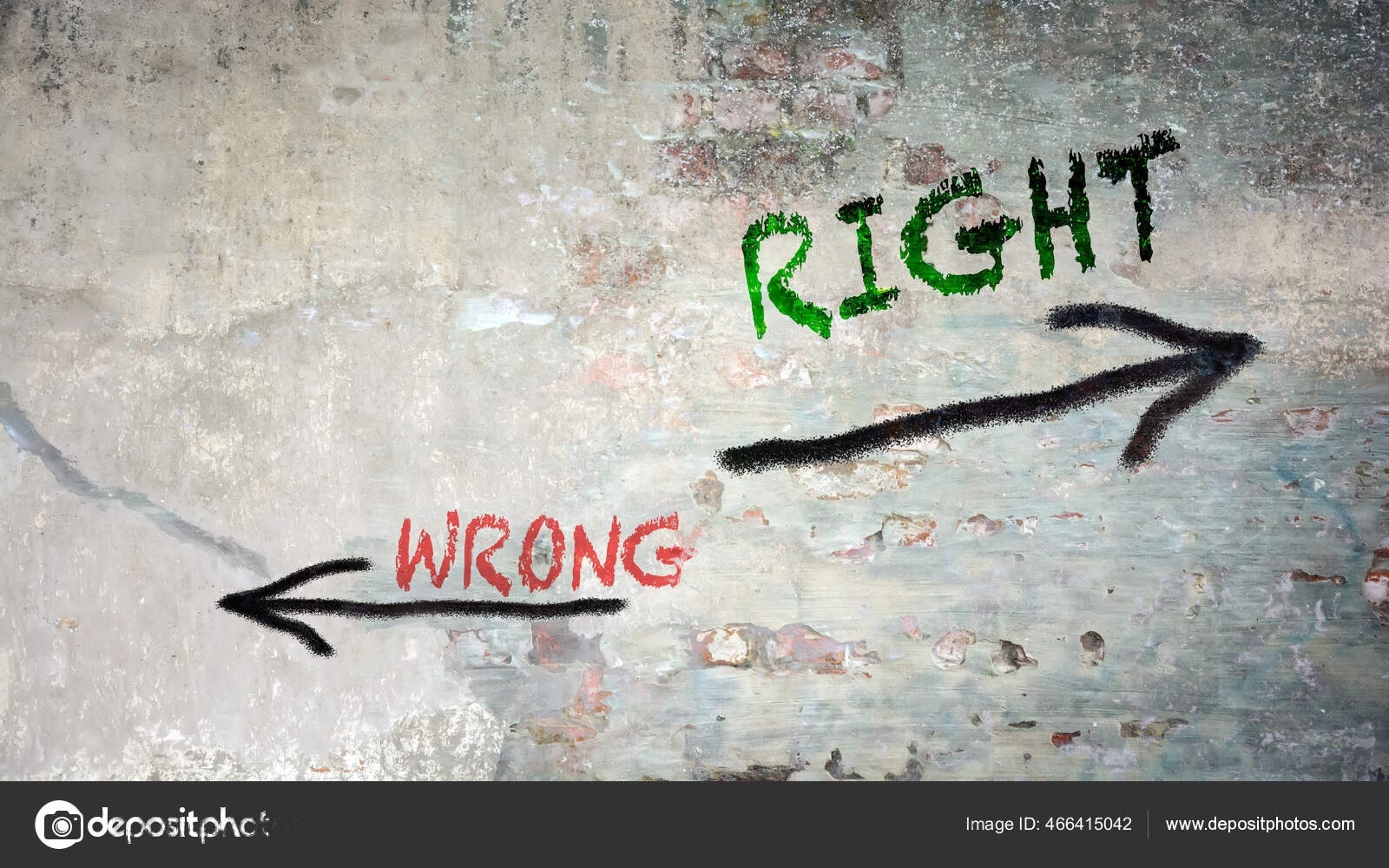
Cons of Real Estate Investment
Liquidity: Real estate is more volatile than other investments like equities. Particularly in a market with little demand, selling a house could take some time and work. Investors must be ready for potentially lengthy holding times and restricted access to cash now.
Upfront Costs and Maintenance: Unlike some other investment options, real estate sectors, involves significant upfront costs. Purchasing a property requires a substantial down payment and closing costs. Additionally, ongoing maintenance and repairs can eat into the profitability of the investment.
Market Risk: Real estate values are influenced by various factors, including supply and demand dynamics, economic conditions, and interest rates. Market fluctuations can affect property values, potentially leading to decreased profits or even losses for investors. Thorough market research and analysis are crucial to mitigate this risk.

Management and Responsibilities: Finding tenants, taking care of repairs, and collecting rent are just a few of the duties that come with owning and managing rental properties. Landlording takes time, work, and familiarity with neighborhood rules and legislation. As an alternative, although at a cost, employing a property management company can lighten the load.
Interest Rate Risk: Real estate investments can be impacted by changes in interest rates. Increases in interest rates can lead to higher borrowing costs, making it more challenging to finance property purchases. This risk should be carefully considered, especially in a rising rate environment.
It's vital to keep in mind that the advantages and disadvantages highlighted may change depending on unique situations and the local real estate market. Successful real estate investing requires diligence, investigation, and professional consultation.



